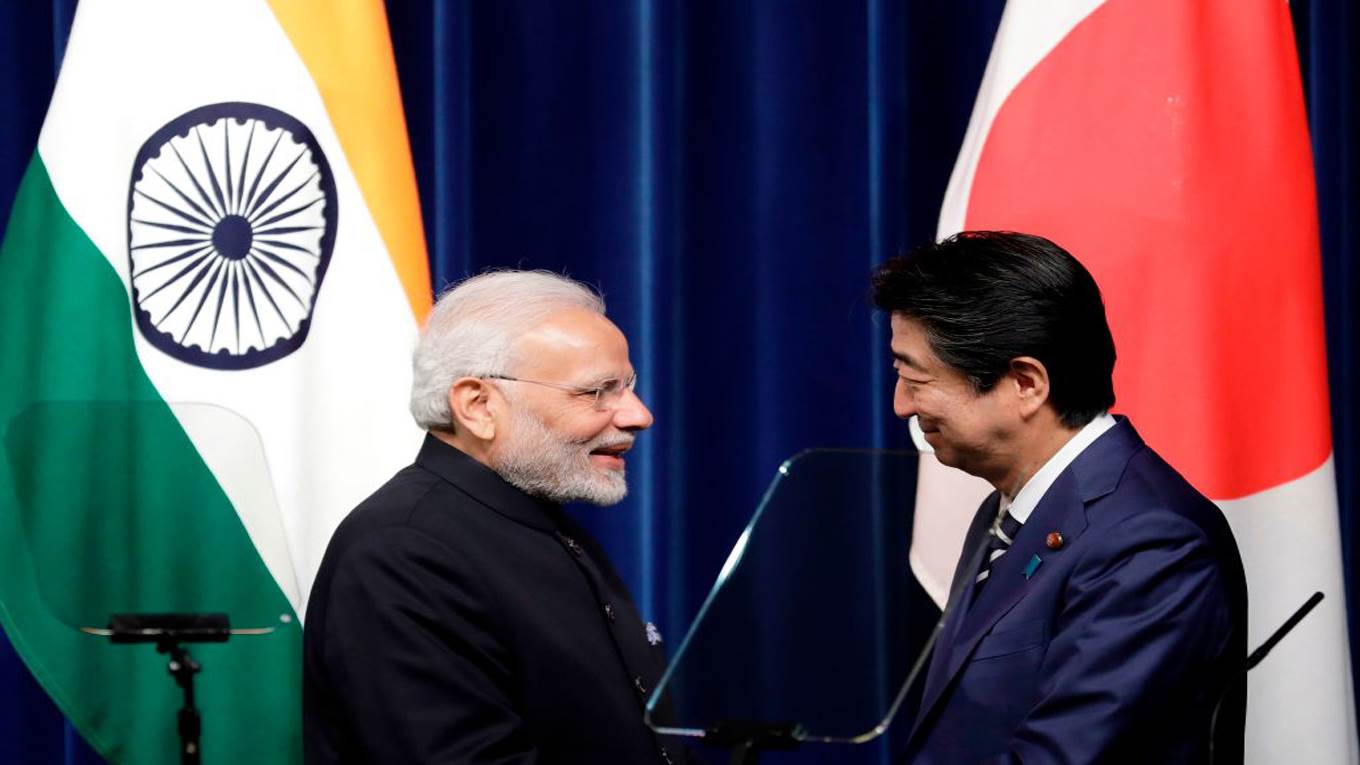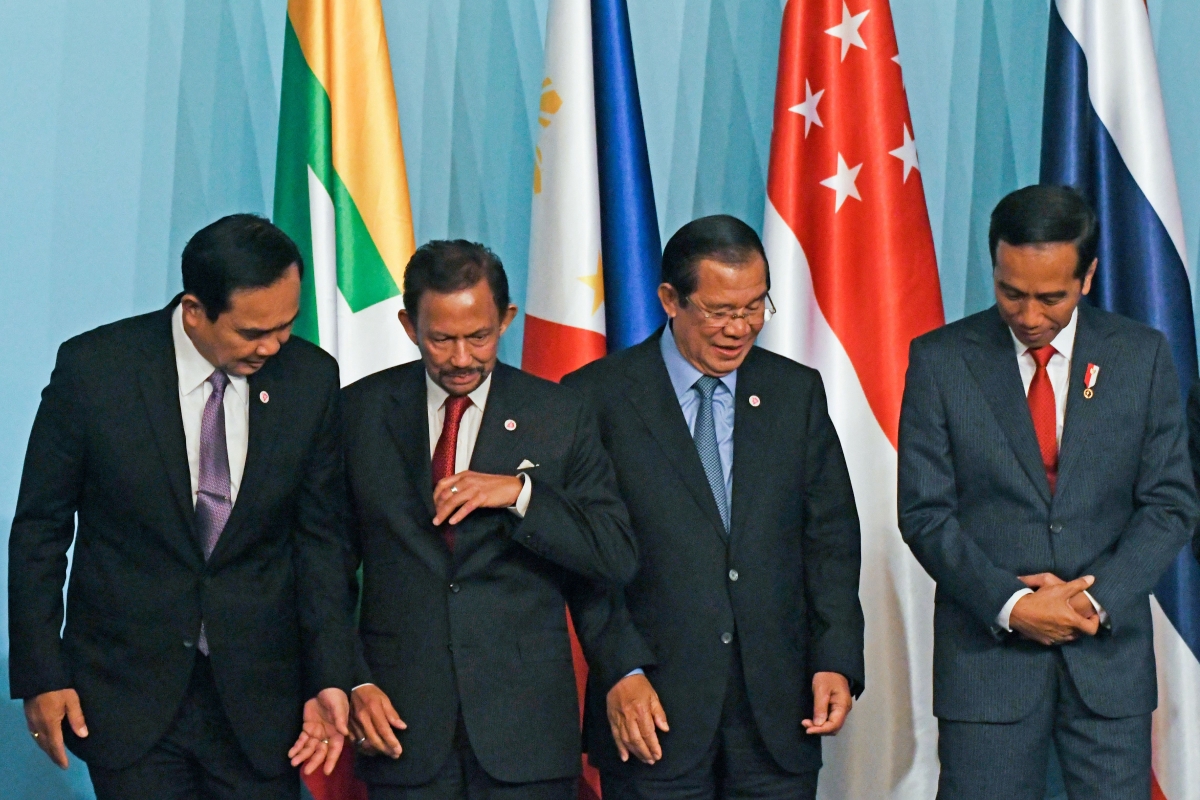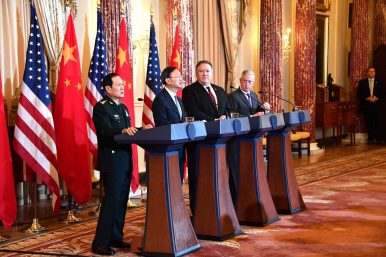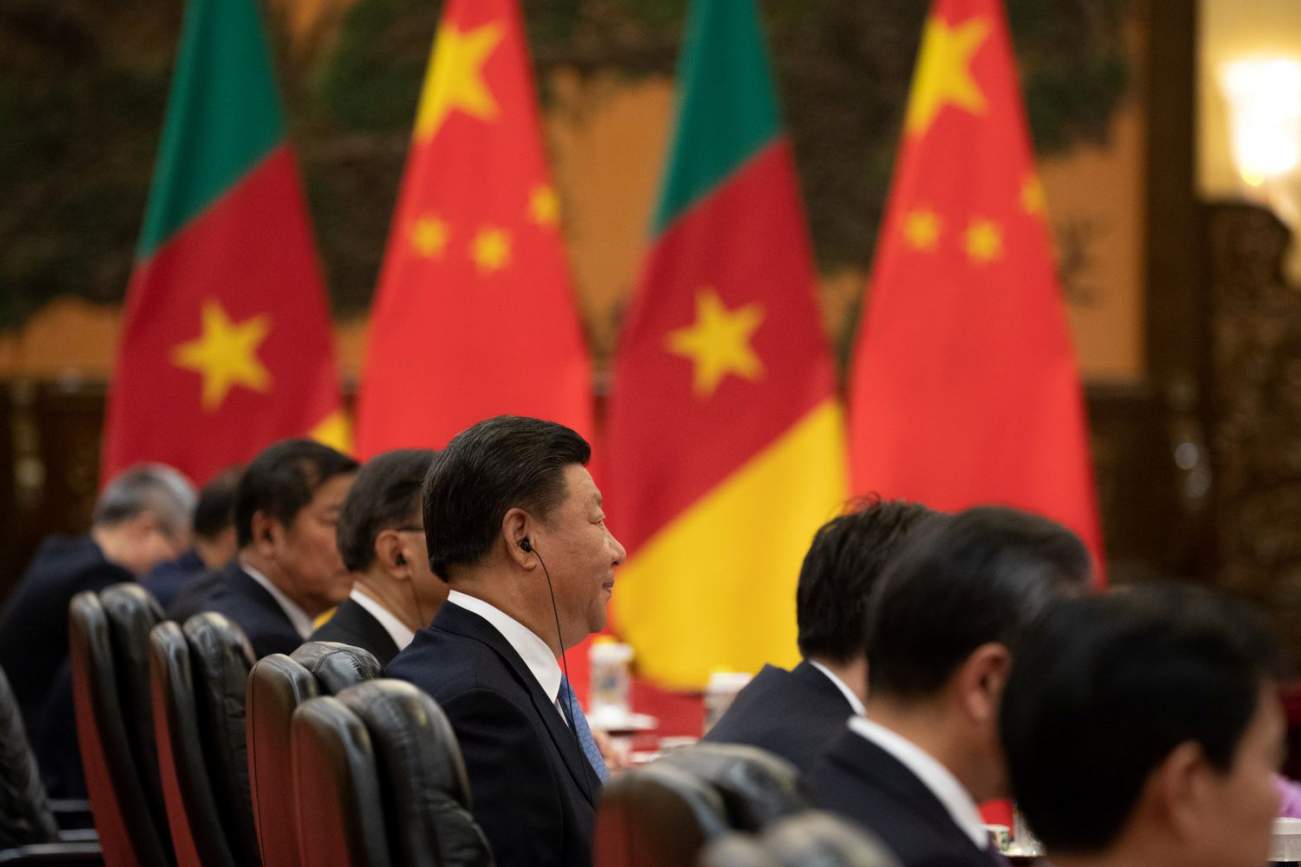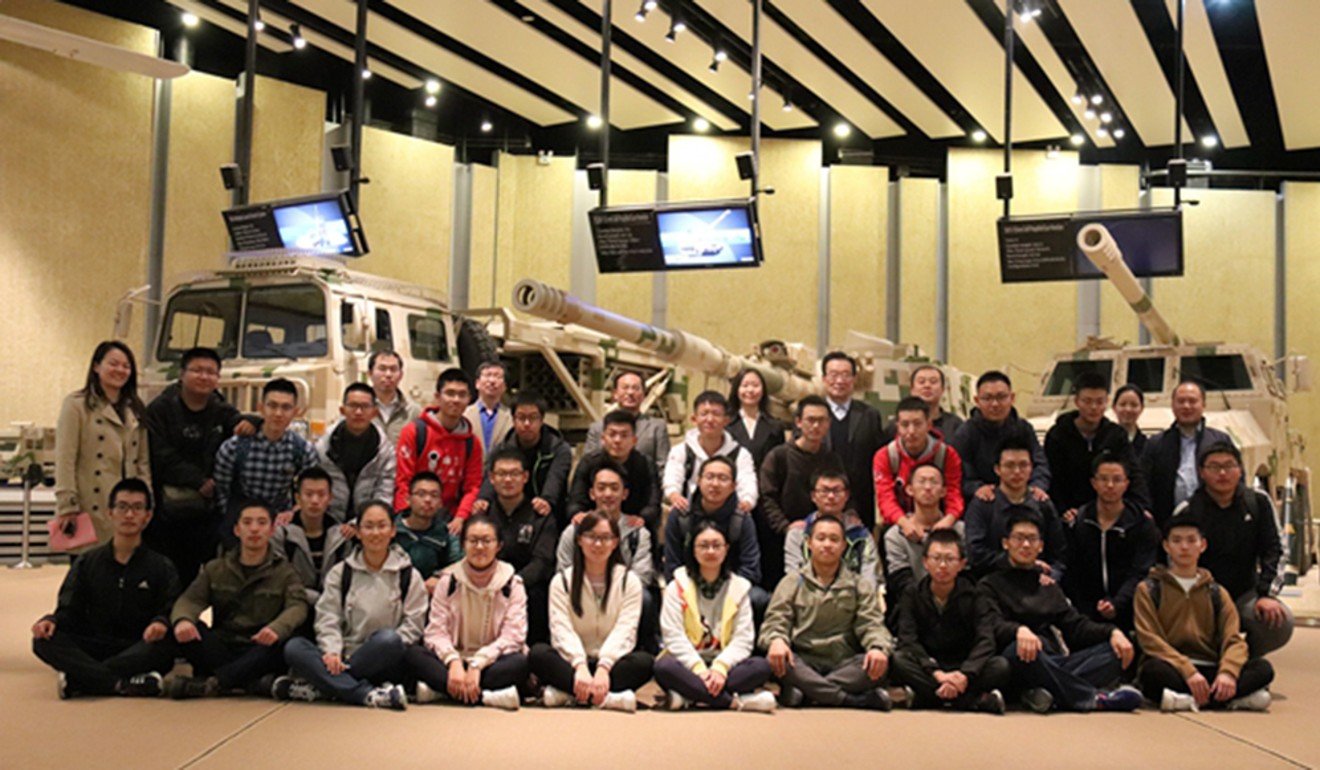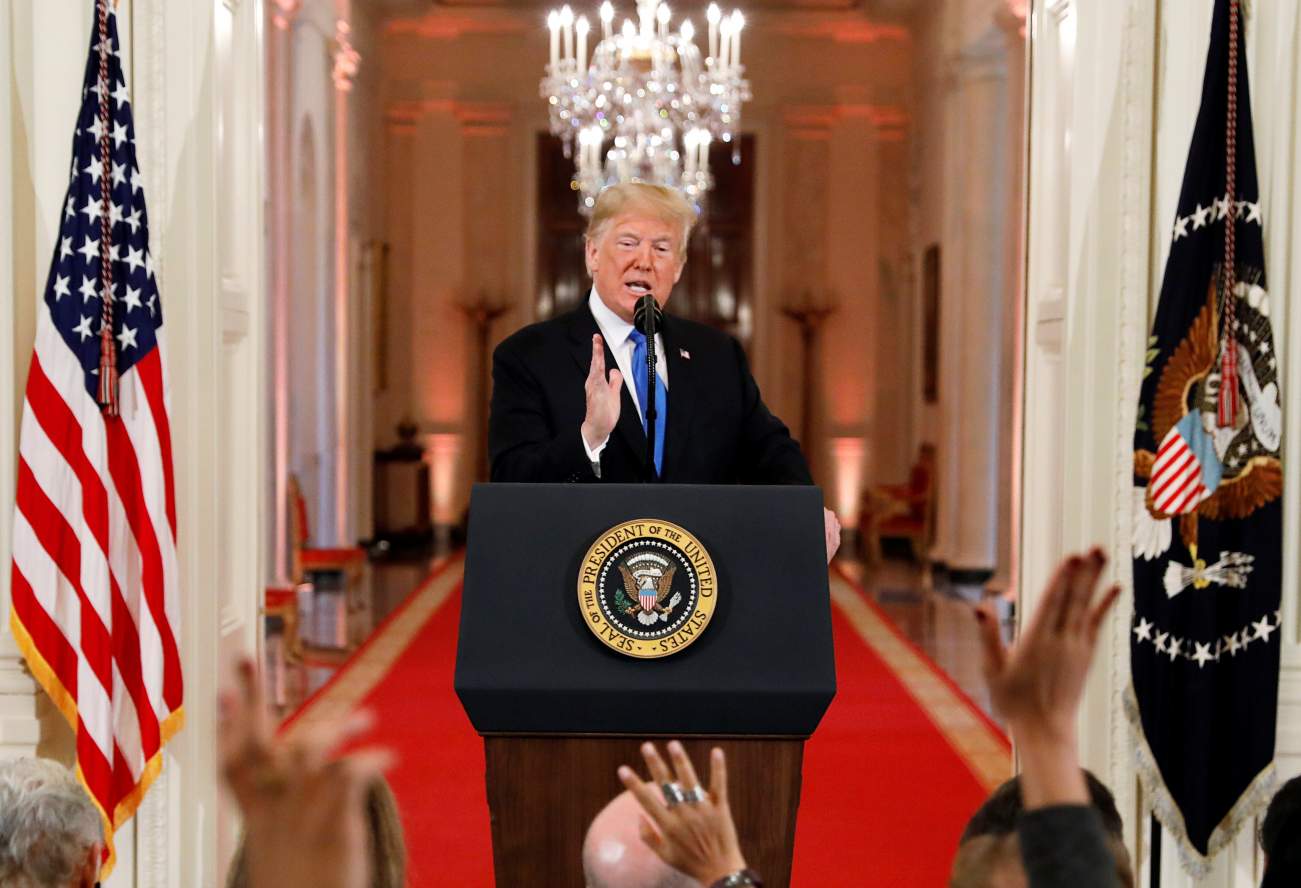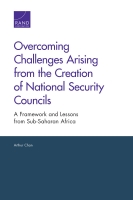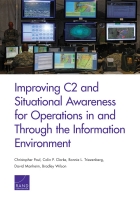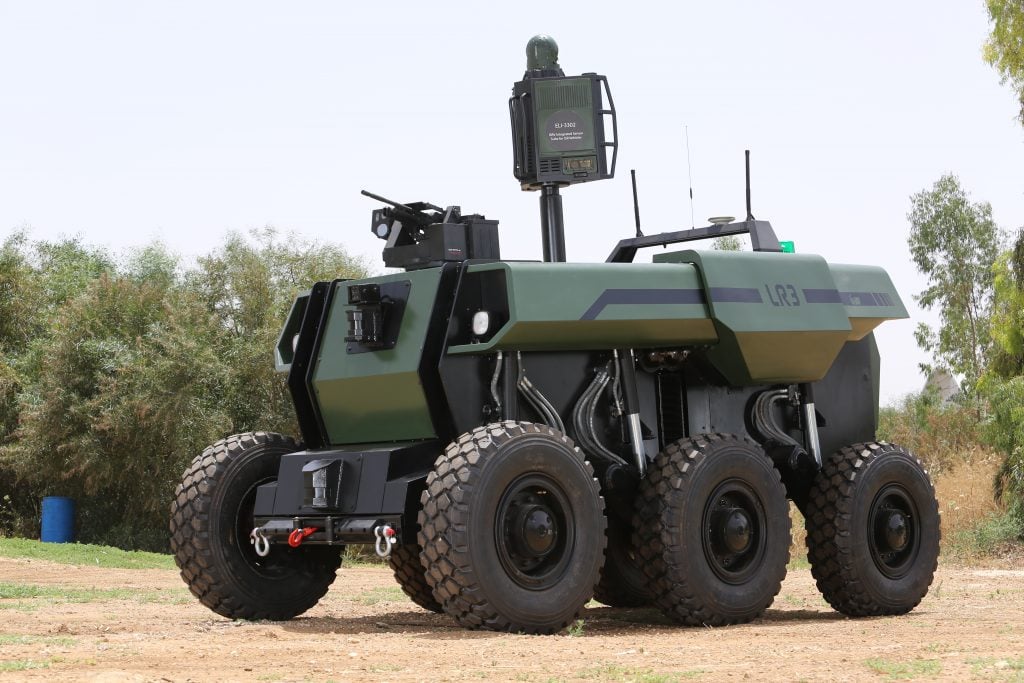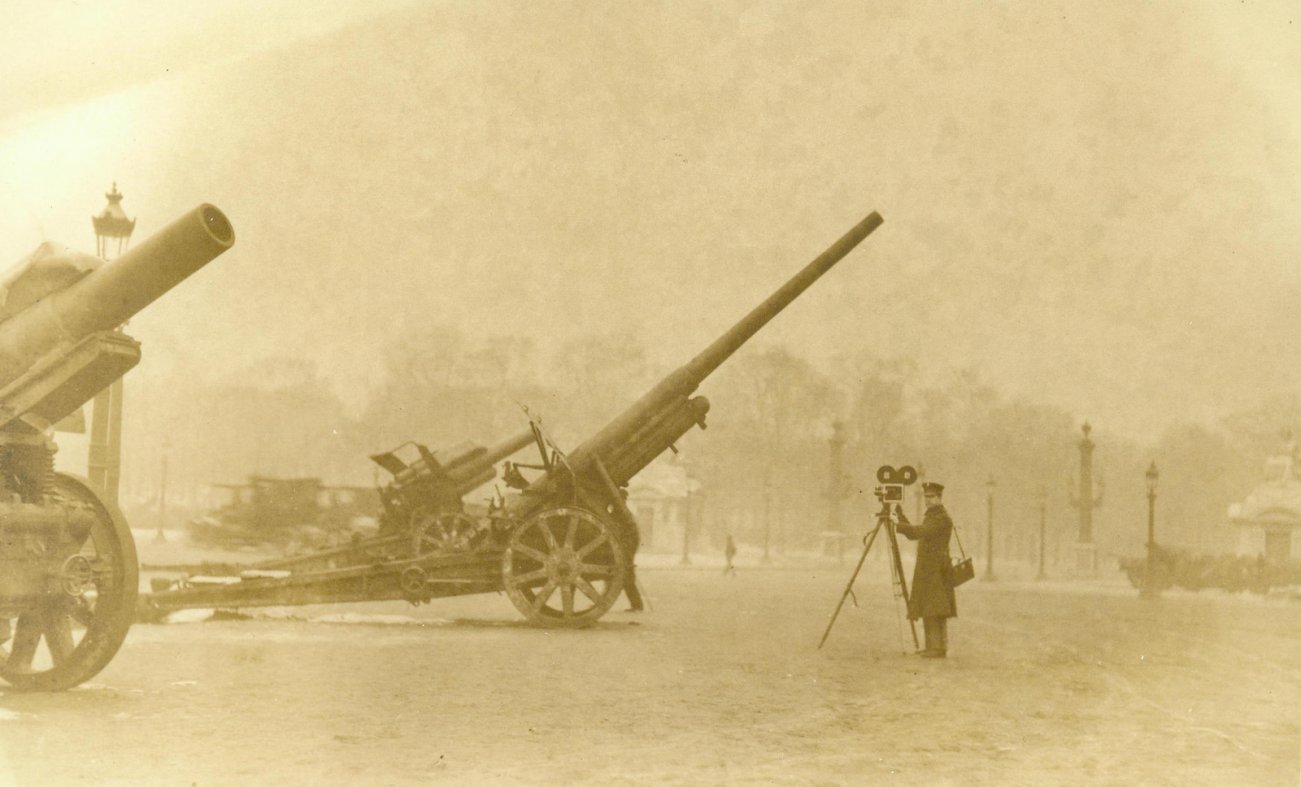By N. S. Venkataraman
 With the next Indian parliamentary election only a few months away, critics of Narendra Modi government and opposition parties are leveling several criticisms and allegations which are not adequately backed by reliable facts and figures. In the coming months, it is likely that the criticisms will become more sharp and more vicious. With constant campaign by the critics and opposition parties, that are bordering on generating personal hatred against Mr. Modi and which are highlighted by the media and even supported to some extent by section of the media, it appears that atleast some section of the people will be carried away by such propaganda.
With the next Indian parliamentary election only a few months away, critics of Narendra Modi government and opposition parties are leveling several criticisms and allegations which are not adequately backed by reliable facts and figures. In the coming months, it is likely that the criticisms will become more sharp and more vicious. With constant campaign by the critics and opposition parties, that are bordering on generating personal hatred against Mr. Modi and which are highlighted by the media and even supported to some extent by section of the media, it appears that atleast some section of the people will be carried away by such propaganda.
Of the several criticisms, the most focused one in the coming months would be the demonetization decision of the Modi government two years back.
What critics say?

